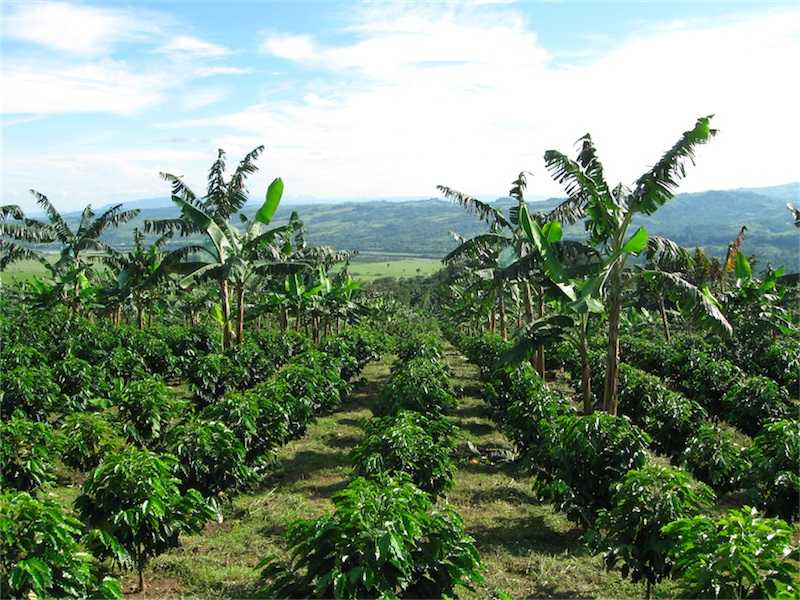BOGOTA, Colombia – A recent study developed by the Colombian Coffee Growers Federation’s (FNC) National Coffee Research Center (Cenicafé) confirmed Castillo variety’s resistance to Coffee Berry Disease (CBD).
So far confined to Africa, the disease, which is caused by the fungal pathogen Colletotrichum kahawae, has not yet reached the American continent.
CDB is a particularly aggressive disease. When it attacks, it may affect up to 80% of a coffee plantation’s production.
According to Carlos E. Maldonado, author of the study and research affiliate at Cenicafé, “The molecular biology developments of the Coffee Genome project have been key for identifying the Castillo® variety’s resistance to CBD.”
The development of disease resistant varieties and the crop renovation initiatives led by the FNC have helped the Colombian coffee industry be better prepared to face challenges such as the spread of coffee leaf rust and CDB.
Although further testing is required, coffee renovation programs undertaken in Africa have revealed that Colombia variety also has high levels of resistance to CBD.
In contrast, varieties including Caturra, Típica, and Borbón are not resistant to the disease, given that they lack the genes inherited from Hybrid Timor. It is therefore crucial for coffee growers to renovate using Castillo® variety.


















